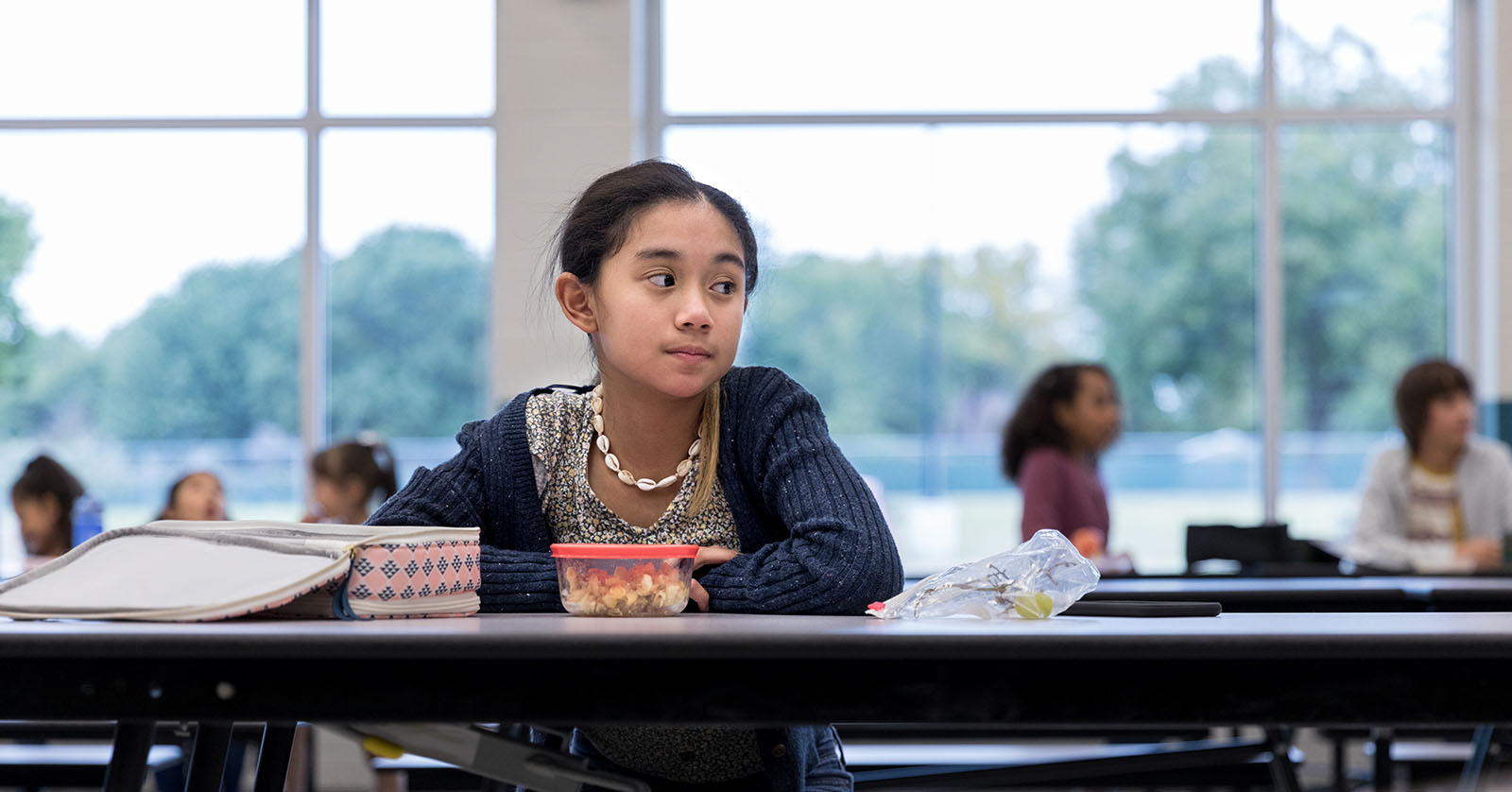
Children experiencing higher social anxiety may be at greater risk for overeating and weight gain after being socially excluded by their peers, suggests a study from NICHD and other institutions. The researchers found that children who experienced a high stress level after completing an online task that simulates being ostracized and who also reported higher social anxiety were more likely to snack heavily after the simulation and gain weight over the next year and a half. The researchers suggested that efforts to reduce obesity in children may need to consider social stresses, such as ostracism.
The study was conducted by Bobby Cheon, Ph.D., of NICHD’s Social and Behavioral Sciences Branch, and colleagues. It appears in the International Journal of Obesity.
Background
Ostracism—being ignored or intentionally excluded without explanation—can be stressful, even if it occurs only once 
Results
For the current study, researchers sought to identify factors linked to overeating after the children felt ostracized and whether feeling greater stress from ostracism might be linked to long-term changes in body mass index (BMI). Researchers analyzed data from a long-term study seeking to identify risk factors for obesity and related diseases among children growing up in Singapore.
The analysis focused on 262 eight-year-olds who took part in a computer simulation of three-way catch. Research has shown the simulation can invoke negative feelings in response to being excluded from a group. Participants were told they were playing catch with two other children on remote computers. The simulation was programmed for some initial three-way tosses, then to exclude the participants, leaving the two remaining virtual players tossing the ball only to each other. During the simulation, researchers measured participants’ heart rate variability as an indication of their stress levels. Participants had also completed a separate questionnaire to measure social anxiety they typically experience.
After the session, participants were left alone with prepackaged snack foods like potato chips, candy, raisins, crackers, and boxed juice and told to eat as much as they wanted. Researchers estimated the total calorie content of the food the children ate. After the experiment, the children were told the game was a simulation and that there were no other children playing who left them out of the game. When the children reached age 10, researchers charted their BMI Z-scores—a measure of their height and weight in relation to averages for children their age.
Greater stress alone in response to social exclusion from the simulation was not associated with more calories consumed and was not linked to a higher BMI Z-score at age 10. However, among children who reported high social anxiety in their questionnaire, each 1% increase in stress from social exclusion in the simulation was associated with an increase of 1.27 kilocalories of snack food consumed. Among children with high social anxiety who consumed more calories in response to stress, each 1% increase in stress was associated with a .15% increase in BMI Z-scores at age 10.
Significance
Given that social ostracism is common among children, the authors wrote, efforts to reduce childhood obesity may need to include ways to reduce and manage the stress resulting from social isolation.
Reference
Pink, AE, et al. The effects of acute social ostracism on subsequent snacking behavior and future body mass index in children. International Journal of Obesity (2024).

 BACK TO TOP
BACK TO TOP